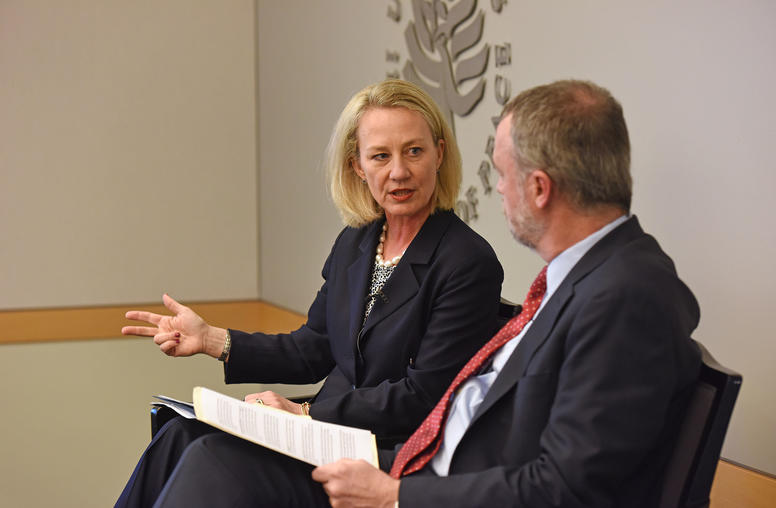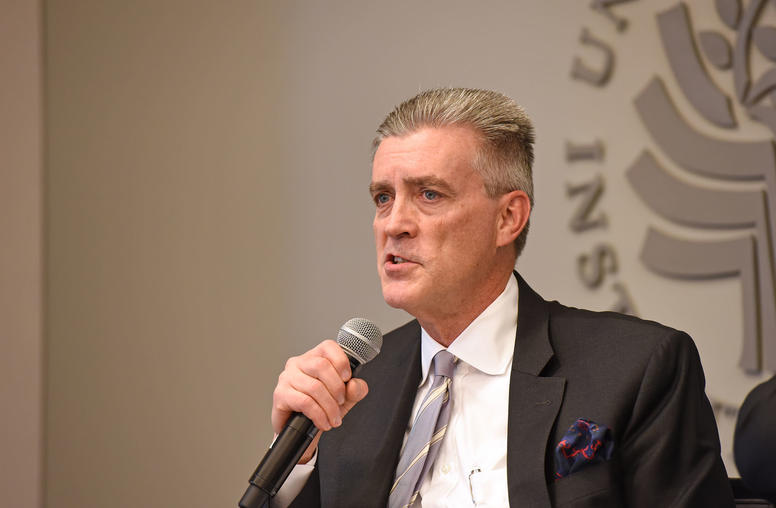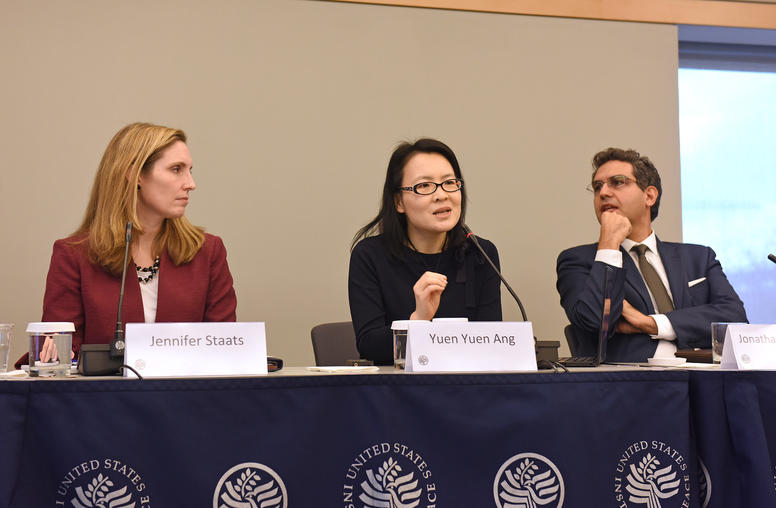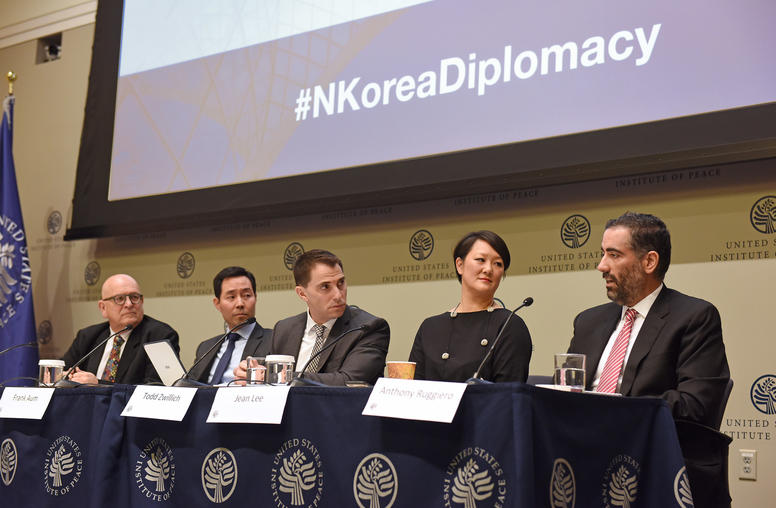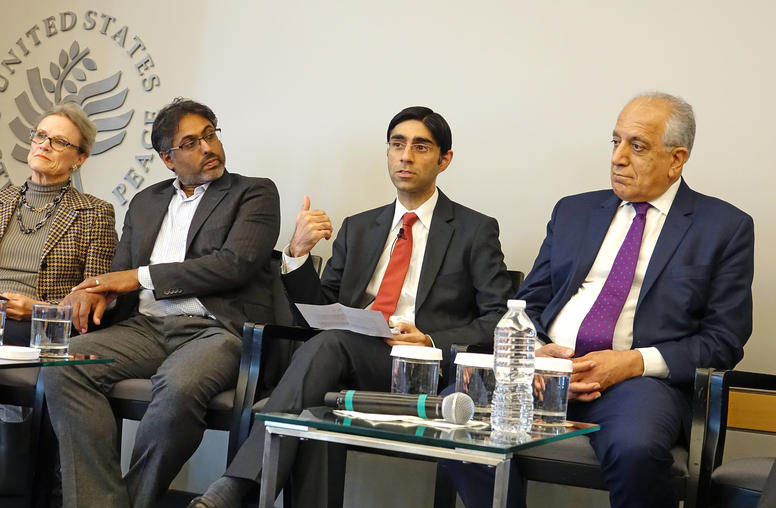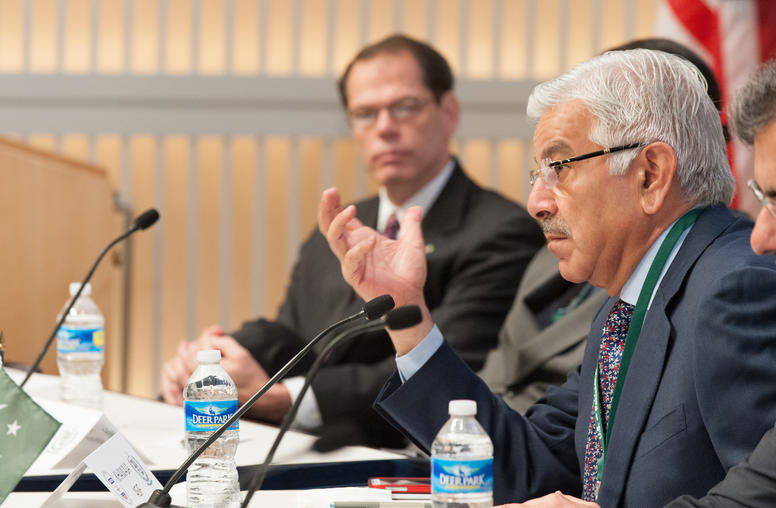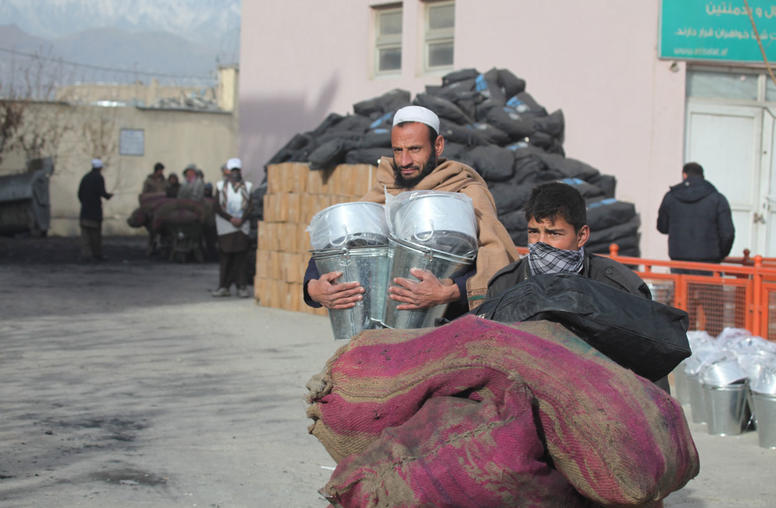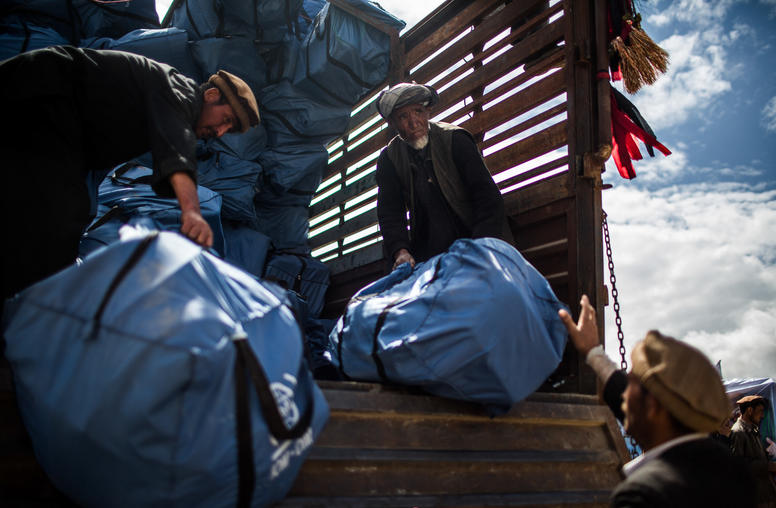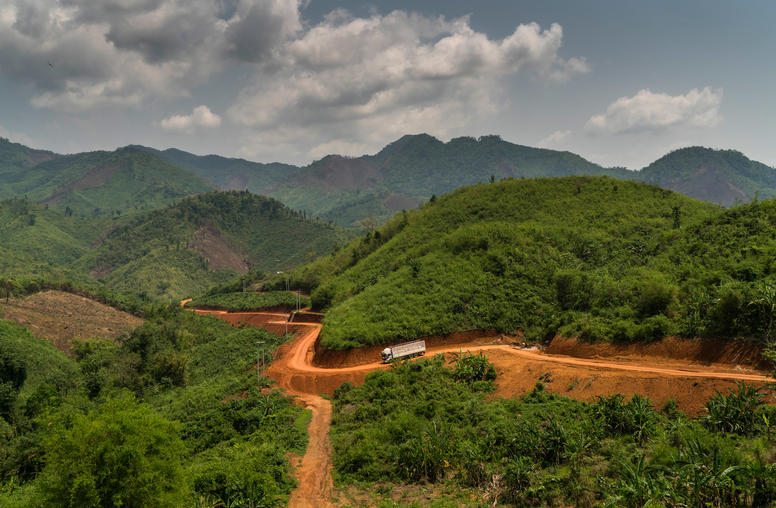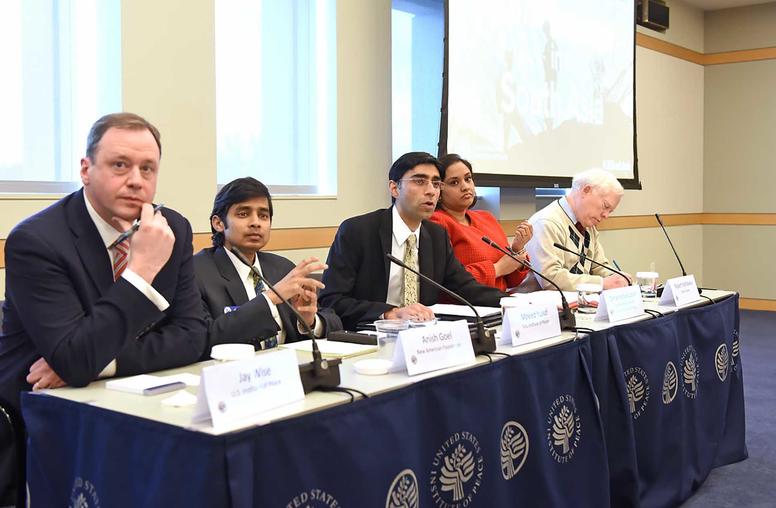
U.S. Leverage in South Asia
Following the announcement of a new South Asia strategy in August 2017, the Trump administration has laid out significant policy goals in the region, including preventing the Taliban insurgency from winning ground in Afghanistan, deepening the U.S. strategic partnership with India, and forcing a shift in Pakistan’s security strategies towards its neighbors. Does the U.S. have the necessary leverage and influence over key actors in South Asia needed to accomplish its policy goals?
